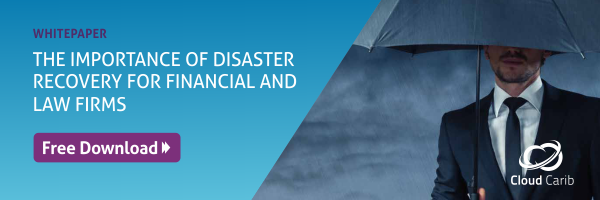 Law firms manage documents filled with highly personal and confidential data. While keeping these files locked down is the safest thing to do, it’s not always the practical choice, as law firms must share files safely with clients.
Law firms manage documents filled with highly personal and confidential data. While keeping these files locked down is the safest thing to do, it’s not always the practical choice, as law firms must share files safely with clients.
If law firms aren’t careful, these files can be stolen and the data compromised. Files like this are routinely taken in transit, meaning when they are sent from one party to another. While it’s impossible to make transferring documents in this fashion 100 percent secure, there are steps law firms can take to improve security.
Look to VPN
Virtual private networks, or VPNs, should be the primary means of sending these sensitive documents. VPNs are secured connections that allow only people with the right credentials to use them. Unlike typical networks, VPNs have added layers of security that make them much harder to break into.
For all the talk around hackers, the reality is that most of them want easy targets. They want to take advantage of people that make silly mistakes and all but give them the information they are looking for. By using a VPN that will take additional work and energy to break into, law firms lower the value of the stolen information for hackers and just the presence of a VPN may be enough to deter them.
Use Secured Data Storage Systems
There are a number of options available today for organizations looking to share files, especially large ones. Services like Dropbox and Box are regularly used for this type of activity, but they are not entirely secure. They are made for documents or other files that may be valuable, but not ones that contain personal information.
Instead of using these free services, invest in a secure storage company. While it will cost some money – albeit not much – law firms should use these types of providers. It’s not as safe to email files like this as it is easy for hackers to break into email accounts or databases. Security is paramount, so law firms should be willing to pay for that.
Encrypted Zip File
Along with these file-sharing systems, law firms can send information via encrypted Zip file. Law firms can download and use 7-Zip, a service that will encrypt files. This will make it so that anyone who steals the file in transit will not be able to open it.
While this is incredibly secure, the downside is that the recipient of the file will need the tools and information to unencrypt the file. That can sometimes cause issues if the person receiving the information is not technologically savvy, but it is one of the most secure methods available.
